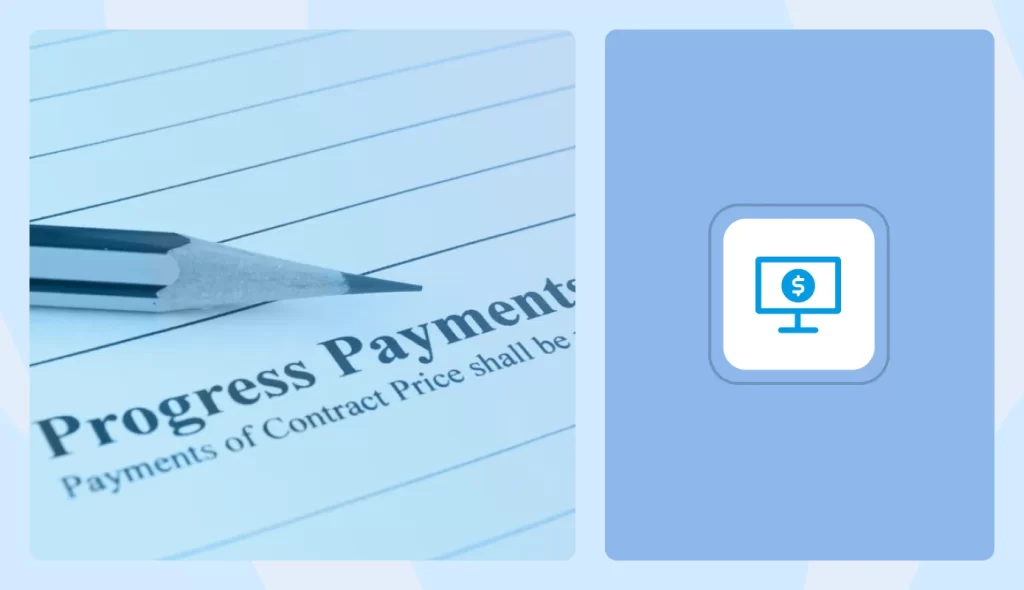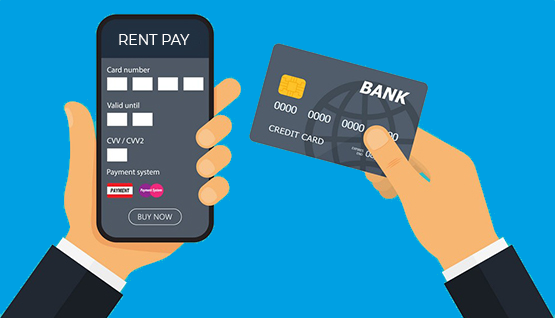When people think about building their credit score, the first things that come to mind are credit cards, loans, or financing plans. But there’s a powerful and often overlooked tool that renters can leverage to improve their creditworthiness: rent payments.
Every month, millions of renters pay thousands of dollars in rent, yet most of them don’t benefit from these payments in their credit history. Fortunately, that’s starting to change. Platforms like SmartDwell now make it possible to transform routine rent payments into meaningful progress for your credit score. Here’s how you can take full advantage of it.
Why Credit Scores Matter
Before diving into how rent payments help build credit, it’s important to understand why your credit score is so crucial.
A credit score is essentially a three-digit number that represents your financial trustworthiness. Lenders, landlords, insurers, and even employers may check your credit report to assess your ability to handle financial obligations. A higher credit score often means:
-
Better chances of loan approval
-
Lower interest rates on credit cards and loans
-
Higher credit limits
-
Easier rental approvals
-
Better insurance premiums
That makes growing and maintaining your credit score a top priority—especially if you’re a renter looking to become a homeowner someday or qualify for better financial opportunities.
The Gap in the Traditional Credit Reporting System
One of the challenges renters face is that traditional credit reporting systems often don’t include rent payments. This creates an uneven playing field, especially for individuals who don’t have credit cards or loans but consistently pay rent on time.
Your rent may be your largest monthly expense, yet if it’s not reported to the credit bureaus, it does nothing to enhance your credit profile. This is where rent reporting services come in—and why they’re game-changers.
How Rent Payments Can Improve Your Credit Score
The credit bureaus (Equifax, Experian, and TransUnion) have increasingly started accepting rent payment data. With the help of fintech platforms, renters can now report their rent payments directly to the bureaus. Once this information is included in your credit file, it can positively influence several key factors in your credit score calculation:
1. Payment History (35% of FICO Score)
Your payment history is the most important factor in your credit score. Making rent payments on time each month demonstrates financial responsibility. When these payments are reported, they add to your history of on-time payments, strengthening this core aspect of your score.
2. Length of Credit History
By reporting rent payments over time, you establish a longer track record of consistent financial behavior. This helps show lenders that you can manage recurring obligations over the long term.
3. Credit Mix
Rent isn’t considered a loan or credit account, but reporting rent payments can add diversity to your credit file, especially if you don’t have other installment accounts.
4. Positive Data for Thin Credit Files
If you have a limited credit history or no credit at all, rent reporting can help you establish credit and build a score without needing to take on debt.
How to Start Reporting Your Rent
You can’t just assume that your rent payments are being reported—you have to take action. Here’s how to get started:
Step 1: Choose a Rent Reporting Service
Look for a trustworthy platform that offers rent reporting to the major credit bureaus. SmartDwell is an example of a platform that acts as a secure intermediary between renters and landlords, ensuring timely payments while automatically reporting to credit agencies.
Step 2: Connect Your Bank or Credit Card
Most platforms allow you to link your payment method to automate the rent payment process. Some even let you pay with a credit card, giving you additional flexibility and rewards.
Step 3: Notify Your Landlord
Depending on the platform, your landlord may need to verify payment amounts or receive payments through a specific channel. Most services make this easy and provide documentation for landlords to approve.
Step 4: Monitor Your Credit Growth
Once your rent payments are being reported, use tools provided by the platform—or third-party credit monitoring services—to track your score and see how it’s evolving.
Additional Tips to Maximize Credit Score Growth from Rent
Rent reporting is a powerful tool, but it’s even more effective when combined with smart financial habits:
-
Pay on time, every time: Whether you use auto-pay or set reminders, consistency is key.
-
Avoid maxing out your credit cards: If you’re using a credit card to pay rent, keep your credit utilization below 30%.
-
Regularly review your credit reports: Check for errors or missed entries and dispute inaccuracies.
-
Use credit responsibly: Add credit cards or other small loans only when necessary and ensure they complement your overall financial strategy.
Real-Life Benefits of Rent Reporting
Still unsure about the value of reporting your rent? Here are some real-life advantages:
-
Higher approval odds for future rentals: Landlords are more likely to approve applications with verified positive payment histories.
-
Better financing options: A higher score can lead to better terms on car loans, personal loans, and mortgages.
-
Improved financial confidence: Tracking your rent and score over time fosters more awareness and discipline in managing money.
-
Early credit building for young renters: College students and young professionals with no credit cards can use rent payments to build a solid foundation.
The Smart Way Forward
Rent isn’t just a recurring cost—it’s an opportunity. With the right tools, you can use rent payments to actively grow your credit score and create long-term financial benefits. Platforms like SmartDwell empower renters to take control of their financial journey by turning every rent payment into a step forward.
In a world where financial literacy and flexibility are becoming more important than ever, leveraging your monthly rent is a practical, low-risk strategy to build credit without incurring debt. It’s about making every dollar count toward your future.
Conclusion
Building a strong credit score doesn’t require complex financial products or risky borrowing. Sometimes, the most powerful tools are the ones already in your hands. By choosing to report rent payments, staying consistent, and tracking your progress, you can transform your rent into a key component of your financial growth story.
Whether you’re aiming for a better credit card, a home loan, or simply more peace of mind, rent reporting is a smart move that puts your financial goals within reach.






